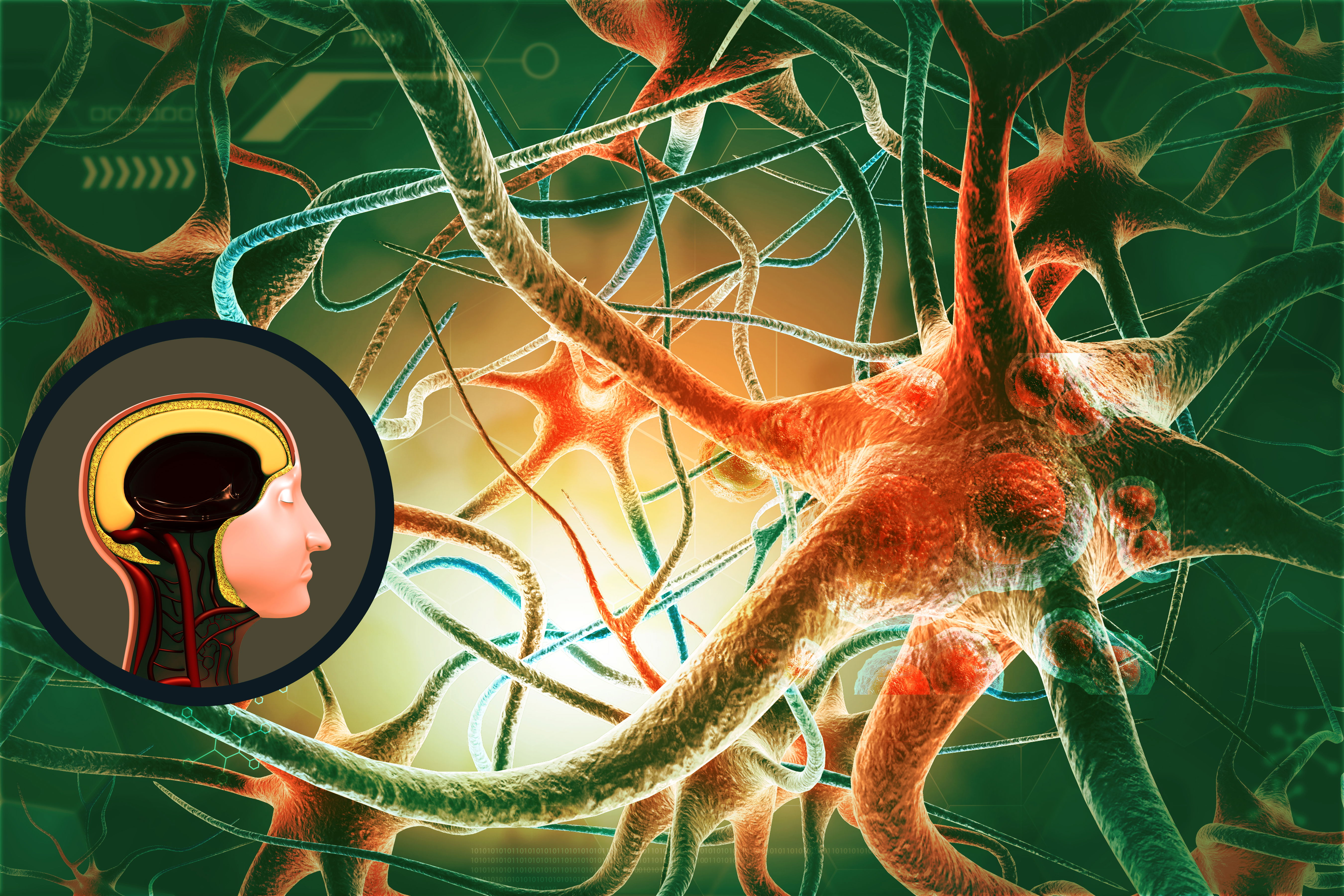The Challenge of Self-Care for Neurodivergent Counsellors: A Compassionate Exploration of Soul Food
As neurodivergent counsellors, we dedicate ourselves to holding space for others, offering empathy, insight, and unwavering support. Yet, when it comes to our own self-care, the path can feel tangled in expectations, guilt, and the ever-present pull to prioritize others.
Why Is Self-Care So Difficult?
Self-care is often framed as a simple act—take a break, breathe, rest. But for neurodivergent counsellors, the struggle runs deeper:
- Hyperfocus on Clients – Many neurodivergent individuals experience intense focus, making it difficult to shift attention to personal needs.
- Masking & Emotional Labour – The effort to appear neurotypical or regulate emotions for clients can be exhausting, leaving little energy for self-care.
- Executive Function Challenges – Planning, prioritizing, and initiating self-care routines can feel overwhelming.
- Guilt & Internalized Expectations – The belief that we must always be available for others can lead to neglecting our own well-being.
As Dr. Paul Demetriou, a neurodivergent psychotherapist, aptly puts it: "Neurodivergent counsellors bring unique strengths to the profession, but without self-care, those strengths can become burdens."

What if we reframed Self-Care
The shift from self-care to soul food invites us to set aside the sterile checklist of obligations and embrace the nourishing essence of what truly revitalizes us. Self-care often feels like a chore, an endless string of tasks that weigh heavy under the guise of responsibility—hydrate, exercise, meditate.
But....
What if? we reframe it as soul food. We free ourselves from expectation and enter a realm of rich, indulgent passion. Think of soul food as a sumptuous feast, filled with spices, textures, and tastes that replenish not just the body, but the spirit itself.
Instead of checking off boxes, you’re savouring moments—like basking in the sunlight that filters through a canopy of leaves or losing yourself in the melody of a favourite tune. Soul food is not about obligation; it’s about communion with what makes life vibrant and whole, nurturing the garden within until every leaf unfurls with joy.
Practical Strategies for Soul Food
To nurture ourselves while continuing to support others, consider these approaches:
- Downtime – Start to recognise when your down time is needed and incorporate it into your day.
- Sensory-Friendly Spaces – Create environments that support your sensory needs, whether through lighting, sound, or textures.
- Peer Support & Supervision – Connect with other neurodivergent professionals who understand your experience.
- Mindful Movement – Engage in activities that regulate your nervous system, such as yoga, walking, or neurotrophic art or simultaneous drawing using both arms at once. Don't limit yourself you may like walking round your garden creating new ways of moving your arms and legs, experiment.
- Self-Compassion Practices – Challenge guilt, checking in with the inner child and asking what their needs are right now. then offering gentle affirmations like: “I deserve attention from myself too.”
- Play – Experiment with play in many forms, this may be parallel, group or individual. Play invites curiosity which can enable a new revelation and deeper connection.
- Laughter - We are told 'laughter is the best medicine', it's am important way of releasing emotion, sometimes tears are allowed through laughter.

The Psychology Behind Self-Neglect
Neurodivergent counsellors often struggle with self-care due to deeply ingrained patterns:
- Dopamine & Reward Systems – Many neurodivergent individuals find external validation more rewarding than self-care, making it harder to prioritize personal needs.
- Burnout & Sensory Overload – Chronic exposure to emotional intensity can lead to shutdowns, making self-care feel impossible.
- Social Conditioning – The expectation to be “strong” and “resilient” can discourage seeking support.
As Faith Jones, a researcher in neurodivergent counselling, notes: "Accessibility in counselling must extend to the counsellors themselves. Without affirming spaces, burnout is inevitable."

Research & Further Reading
For those looking to explore this topic further, here are some insightful resources:
- Square peg in a round hole?
- The Neurodivergent Guide to Coaching and Therapy—For Clients and Practitioners
- Self-care and wellbeing – Neurodiversity
Soul food is not a luxury—it is a necessity. As neurodivergent counsellors, we must extend the same compassion to ourselves that we so readily offer to others.
As a good counselling friend often says to me "Take gentle care of yourself, you're worth it"
